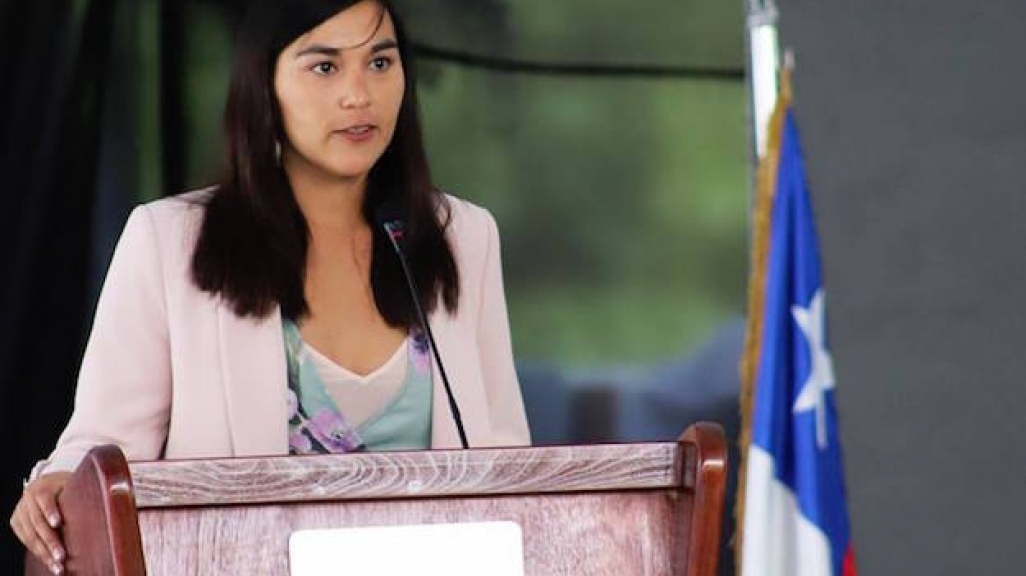RIO DE JANEIRO, BRAZIL – Around a thousand soldiers began a six-month withdrawal Saturday (26) from an area in southern Chile where a conflict between the indigenous Mapuche population, the state and large forestry companies has been going on for decades and has recently intensified.
The state of emergency imposed in October by the previous government of conservative Sebastián Piñera and since extended by parliament will expire on March 26, signifying the demilitarization of the area. One of the first decisions of the current president, leftist Gabriel Boric, was not to extend the measure further, as the use of the military further complicates the conflict and does not eliminate violence.
Read also: Check out our coverage on Chile
Not extending the state of emergency “does not mean that the government is not concerned and does not have the task of ensuring the safety of all citizens,” said Interior Ministry Undersecretary Manuel Monsalve, who traveled to the region to coordinate the deployment of the police, who will replace the military.

The militarization affected four southern provinces: Biobío and Arauco in the Biobío region, and Cautín and Malleco in the Araucanía region, more than 500 kilometers south of the capital.
The new government favors starting a dialogue with all parties involved in the so-called “Mapuche conflict,” which pits the Chilean state and the country’s largest indigenous group against each other over the land the latter has inhabited for centuries and most of which now belongs to large agricultural and forestry companies.
Arson attacks on machinery and land occur almost daily in a conflict that has claimed the lives of Mapuche villagers as well as police officers.
New Interior Minister Izkia Siches traveled to the region March 15 to begin talks with the parties, but had to be evacuated from a rural road in the town of Temucuicui, more than 500 kilometers south of the capital, because she was ambushed, with shots fired into the air and a burning vehicle in the middle of the road.
“The government will not back away from the plan to seek dialogue and encounter in the area. We understand that this is violence, but also a lack of state,” Siches, the first woman in office in Chilean history, said at a news conference after the attack.
The right-wing and far-right opposition advocates expanding militarization, calling the violence perpetrated by various groups “terrorism.”

